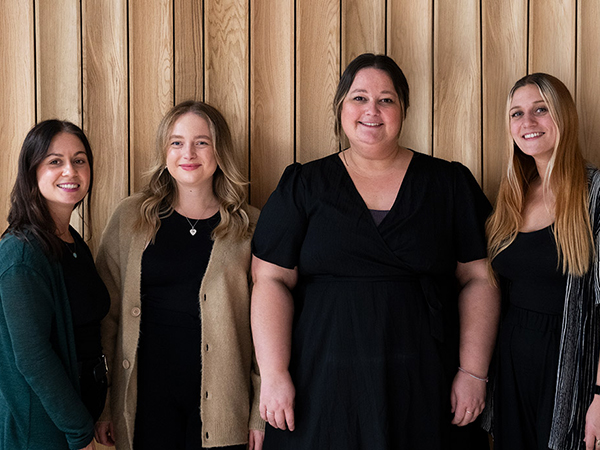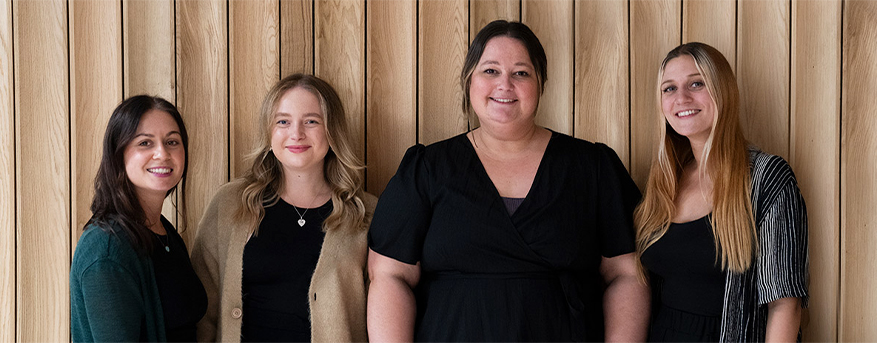Georgia Travel Advice
Itinerary advice
Jim O'Brien, director of our partner Native Eye, shares his Georgia travel advice:
“The Tusheti region in the northeast is one of my favourite places to visit in Georgia as it has remained somewhat hidden from the outside world. It presents a much more low key and simplistic approach to life as opposed to what you'll find in the cities.”
Cultural tips
Jonny Bealby, from our partner Wild Frontiers:
“When you consider Georgia's capital, Tbilisi, has been sacked over 20 times through Turkish, Arabic, Russian and Crusader invasions, it's no surprise that local people are fiercely independent when it comes to their national identity. This manifests in everything from the food and wine to the singing and language. Georgians are well known for their longevity and whether it's the healthy food or the fresh air, there are numerous accounts of people living to well over 100, including a choir made up purely of centenarians.”
Jim O'Brien:
“Georgians take religion a lot more seriously than many other European countries and their Georgian Orthodox church services are very involved and often quite lively.”
Outdoor activity tips
Jonny Bealby, shares his recommendations and personal experiences related to Georgia:
“Kazbegi in the far north of Georgia is a fantastic region for outdoor activities with great walking, mountain biking, horse riding and white water rafting to be found in and around the foothills of Mount Kazbegi, Georgia's third highest mountain. Two great snacks for a hiker's backpack are khachapuri (cheese bread) and shahlik (the Georgian equivalent of a Snickers bar).”
Georgia cultural holiday, Georgia Explorer
Trek amongst Georgia's remote villages and mountains
From
£2725 to £2795
15 days
ex flights
Armenia, Georgia and Azerbaijan highlights tour
Three stunning countries in one unforgettable tour
From
£1771
13 days
ex flights
Georgia tailor made tour
Independent tailor made holidays to Georgia
From
£1165 to £1247
9 days
ex flights
Azerbaijan Georgia and Armenia holiday
Enjoy the uniqueness of three colorful Caucasian countries.
From
£2388
17 days
ex flights
Classic Georgia tour, tailor made
A short journey in fascinating and beautiful Georgia
From
£1525
8 days
ex flights
Hiking in the Caucasus holiday
Hiking in the gorges of Georgia's Greater Caucasus Mountains
From
£1340
9 days
ex flights
Contact Us

Call us for a chat about our holidays. We are happy to discuss your holiday and help in any way we can. No bots, queues or awful hold music.
01273 823 700
Call us until 6pm
Calling from outside the UK

Health & safety in Georgia
HEALTH
SAFETY
Georgia tips from our traveller reviews
At Responsible Travel, we think the best people to advise our travellers are often... other travellers. They always return from our tours with packing tips, weather reports, ideas about what to do – and opinions about what not to.
We have selected some of the most useful Georgia travel tips that our guests have provided over the years to help you make the very most of your holiday – and the space inside your suitcase.

We ate locally produced food in small restaurants/cafes most of the time, and shopping was direct from vendors in markets or from stalls, churches and a remote convent.![]()

– Caroline Gant, Georgia holiday tailor made
“Be aware that there is a lot of time spent in the vehicle, with roads often not in good condition. To see the best of the country they are worthwhile journeys but it does mean a lot of car-time.” – Eva Mitchell, Georgia small group tour
“There a lot of monastery visits so if you are not tooooo keen on them it may become a little repetitive. In Georgia particularly, restaurants seemed to have difficulty providing separate bills for meals : they tended to just supply one per table. A small point perhaps but one that did cause our group a little inconvenience.” – Paul Rooney, Georgia and Armenia holiday
“The walks to the monasteries are mostly uphill over rocky ground the transport cannot get you closer than a few hundred yards in most cases and in some the walk is a lot longer and over the time that the holidays are offered the temperatures the heat is in the upper 20's and low 30's but some days the thermometer is above the 35 degree centigrade mark, be prepared.” – Baron Vahl Amos, Georgia and Armenia holiday
“There a lot of monastery visits so if you are not tooooo keen on them it may become a little repetitive. In Georgia particularly, restaurants seemed to have difficulty providing separate bills for meals : they tended to just supply one per table. A small point perhaps but one that did cause our group a little inconvenience.” – Paul Rooney, Georgia and Armenia holiday
“The walks to the monasteries are mostly uphill over rocky ground the transport cannot get you closer than a few hundred yards in most cases and in some the walk is a lot longer and over the time that the holidays are offered the temperatures the heat is in the upper 20's and low 30's but some days the thermometer is above the 35 degree centigrade mark, be prepared.” – Baron Vahl Amos, Georgia and Armenia holiday

Go in late spring or early summer. It's green and the flowers are out.![]()

– Peter Chapman, Georgia and Armenia holiday
“The walks to the monasteries are mostly uphill over rocky ground the transport cannot get you closer than a few hundred yards in most cases and in some the walk is a lot longer and over the time that the holidays are offered the temperatures the heat is in the upper 20's and low 30's but some days the thermometer is above the 35 degree centigrade mark, be prepared.” – Baron Vahl Amos, Georgia and Armenia holiday
“Bring healthy appetites, for the food is very good and tasty and so plentiful.” – Judy Schneider, Georgia and Armenia cultural holiday
“Be ready for long drives over rough roads.” – Giles Harvey, Georgia, tailor made
“Go with an open mind. Welcome the pride in the culture, towns, churches and heritage. These are amazing countries with a fascinating history at the crossroads of Europe and Asia.” – Martin Bigg, Georgia and Armenia tour
“Bring healthy appetites, for the food is very good and tasty and so plentiful.” – Judy Schneider, Georgia and Armenia cultural holiday
“Be ready for long drives over rough roads.” – Giles Harvey, Georgia, tailor made
“Go with an open mind. Welcome the pride in the culture, towns, churches and heritage. These are amazing countries with a fascinating history at the crossroads of Europe and Asia.” – Martin Bigg, Georgia and Armenia tour


























